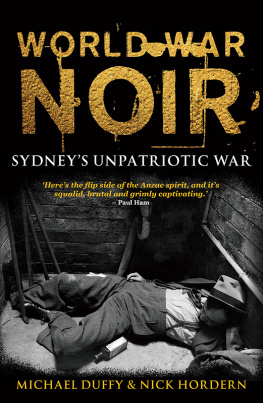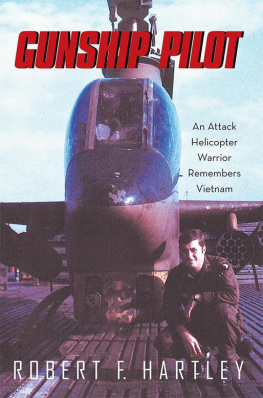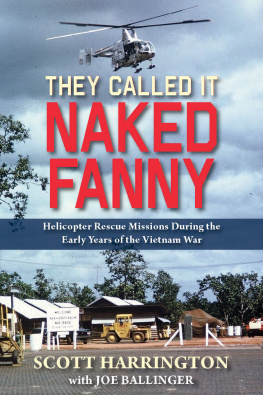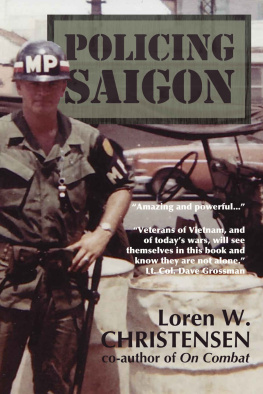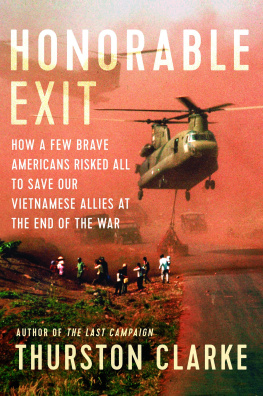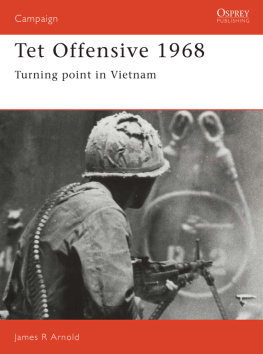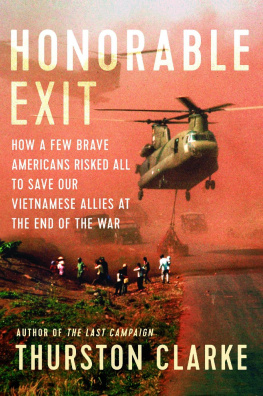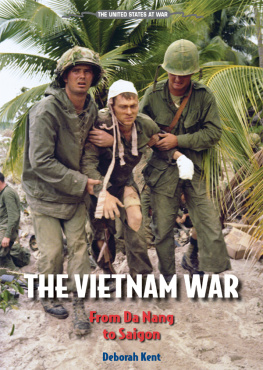Chapter 1
The Arrival
My plane arrived at the Cam Ranh Bay Airbase in South Vietnam about 2:00 a.m. The air was muggy and hot. We disembarked and were herded onto olive-green buses; wire mesh and thin metal bars covered the windows. I thought the wire and bars were odd. Why do they have to worry about us escaping from the bus? Where could we go? I was quickly told by the driver that the wire and bars were used to keep hand grenades from being thrown into the bus, not to keep us on the bus. Oh, I said.
The military base at Cam Ranh Bay sat between two bodies of water, the South China Sea on one side and the bay of Cam Ranh on the other. I scanned the night sky. I saw flares floating down above low mountains just west of the bay. The flares were shot from artillery cannons and fluttered down, hanging from small parachutes. I was scared one moment, then I talked myself into a state of calm the next. No one on the bus said a word; we were tired from the long flight and anxious about fighting in this Asian war.
The bus made a short run and dropped us off at a large building. We walked into a great room, where our green, look-alike duffle bags were being piled. The bags formed a small hill. Men began clawing through the bags, searching for theirs. As the bags were being picked up, we were told to form a line, where, we were informed, bedding and a barracks assignment would be issued. Once in the barracks, we would spend the night in a fitful sleep, filled with fear and a human clock still ticking on U.S.A. time. I stood and watched as each man found then pulled his bag off the pile. The end came when I was alone standing next to the luggage drop without a bag. I mumbled to myself, The fucking army lost my bag. Now what do I do?
I asked the private on duty about any other bags that might
be arriving.
Nope, thats it, sir, he said.
What do I do? I asked.
Sir, walk down to the lost bag office, about a block from here. Maybe your bag fell off the luggage cart. If they find it on the tarmac, they send it to the lost bag office.
I made the short walk to the lost-and-found bag office, my small attach held tightly in my hand. My attach held the orders directing me to Vietnam and to my new unit in Pleiku. Purchased in a Chicago stationery store, my attach was made of heavy Kraft paper, and it had two side gussets, a flap, and a brown, shoelace-type string to secure the flap. I used this attach as my mobile file cabinet. It also held a letter from the Department of the Army appointing me as a reserve commissioned officer, my army vaccination record, a paperback copy of John Steinbecks East of Eden , and a small book filled with the addresses of friends and relatives back home. We were told never to pack ones orders in checked luggage for fear our luggage could get lost. They were right.
Yes, sir? said the private on duty at the lost-and-found office.
My name is Lieutenant Duffy. I got off the flight from McChord Air Force Base in Seattle.
Yes, he said.
I have no bag.
We may have it. They come in at all hours. Do you want to look?
Yes.
This green duffle bag had everything I needed for a year in Vietnam. It held two sets of jungle fatigues, a lightweight jacket, two pairs of green combat boots, socks, underwear, a toothbrush, and a green jungle hat, the kind with a floppy brim. These were all issued at McChord Air Force Base. It even held the illegal switchblade knife I purchased in Coln, Panama, during our jungle training. The knife was black with a four-inch steel blade. It had a silver button in the middle, and when pushed, the blade switched out and was held rigid by a locking device. I pictured myself in combat, fighting hand to hand. As the enemy was getting the best of me, I would ask him to wait a minute as I reached into my pocket, pulled out my switchblade, and found and pushed the silver button, and then Id finish him off, just as they did in those black-and-white war movies my brother, Dan, and I watched on weekend nights. I just hoped that Charlie, would cooperate with my ridiculous fantasy and wait until I was able to find my knife. But now it was gone.
Charlie is short for Victor Charlie, or VC, the Viet Cong insurgents fighting the U.S. forces in Vietnam.
The private at the desk showed me through a set of double doors into a huge metal building the size of a high school gymnasium. The room was filled, wall to wall, floor to ceiling, with lost bags. It was a sea of green duffle bags, and every bag looked the same. My God, I mumbled. How do I find my bag? The private looked at me, smiled, and calmly said, Sir, no one ever finds his bag.
I thought for a moment as I faced the wall of green duffle bags. Then I turned to him and asked, Can I take someones bag that didnt get claimed, maybe a bag that has been here a month or two? I need a change of clothes.
No, sir, he said, then he shook his head back and forth. What if I give you someones lost bag tonight and then the owner of that bag shows up tomorrow? Ill lose this job and be out in the field walking in the muck that very day. Sorry, no dice. I cant risk it, sir. This is too good of a job. Plus, I go home in forty-six days and a wake up. Nope, cant risk it, sir, sorry. Then he turned and marched away.
I walked over to get my barracks assignment for the night and thought about the socks and shoes I needed. I was clothed in dress khakis with shiny black oxford shoes. I wore a short-sleeved shirt with a glossy black nametag that read DUFFY. I couldnt function in Vietnam like this. I needed green fatigues and combat boots like everyone else.
I entered the barracks, found my bunk, hung up my khakis, and fell into a fitful sleep. It was about 4:00 a.m.
The next morning was oppressively hot and humid. I awakened with a throbbing headache, pulled myself out of bed, put on my dirty khakis, and then walked to the headquarters building to report for duty. As was, and still is, military custom, each arriving officer reported to the Officer in Charge, or OIC. The OIC reviewed orders and then arranged transportation to ones new unit. My new unit was the Fourth Infantry Division in Pleiku, Vietnam. An indifferent company clerk glanced at me and told me that the OIC would be at his desk in about an hour. I walked out of the office and toward the front gate of the base. Off in the distance, I saw hills, the same hills that I had seen as dark silhouettes the previous evening. The hills were now a soothing blue-green in the soft, humid morning light.


